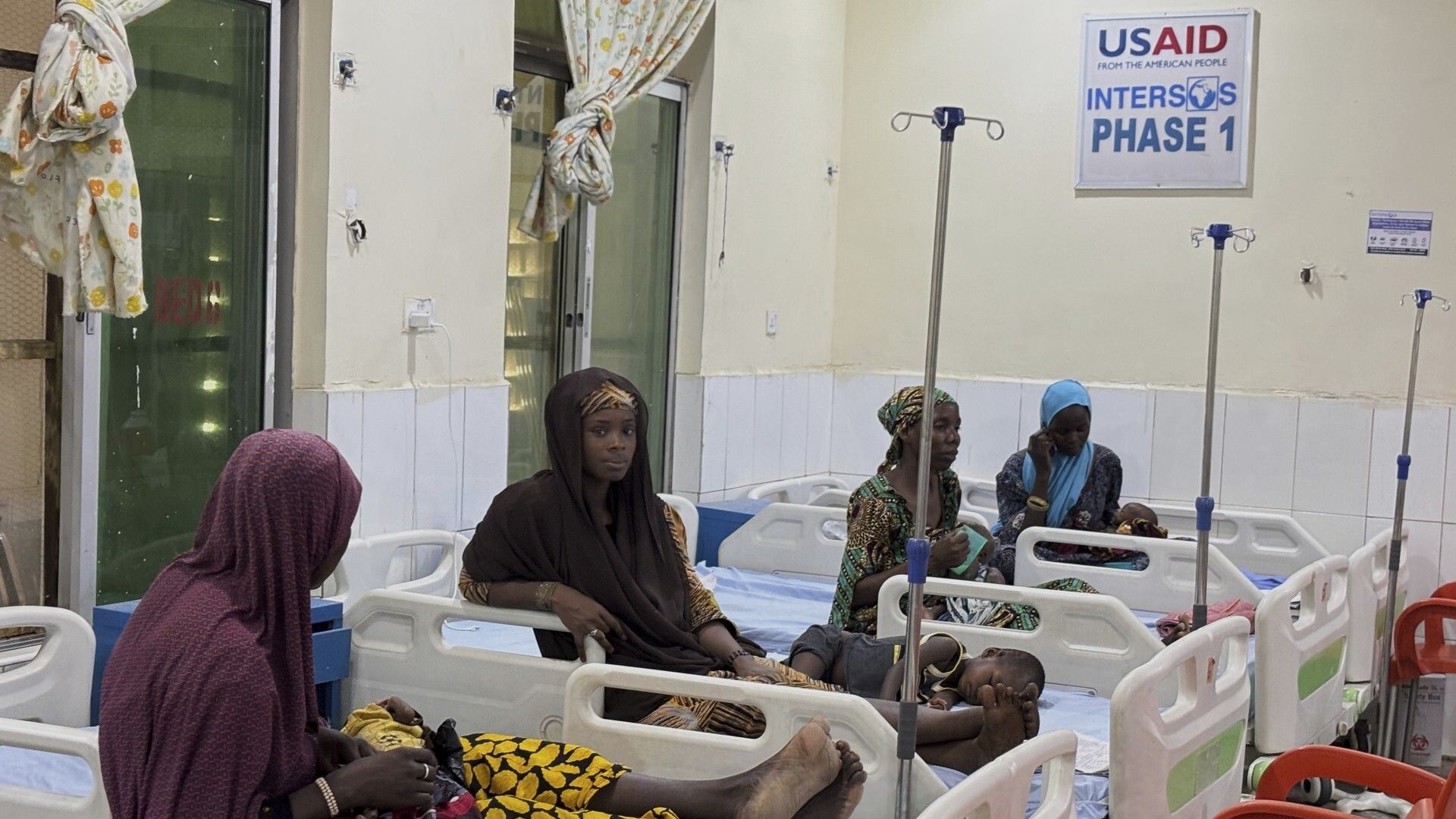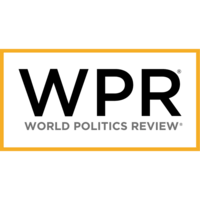Hello, everyone. Due to the global outage being experienced by Cloudflare, a major internet infrastructure firm that provides services for many websites, including ours, WPR has been unavailable for some readers today. While it appears the Cloudflare outage is easing and our site is back up for most users, we are publishing our latest column in full in this email, and generously excerpting today’s briefing, to make sure as many readers have access to today’s articles as possible.

To Help Nigeria’s Christians, Trump Should Restore Aid to Nigeria

Mothers wait for their children to receive treatment at the only remaining facility providing in-patient services for malnutrition in Maiduguri, Nigeria, May 1, 2025 (AP photo by Sunday Alamba).
By Charli Carpenter
Two weeks ago, in a startling move, President Donald Trump said he had ordered the Pentagon to begin plans for a military intervention in Nigeria. The ostensible mission was to protect Christian populations from alleged massacres and genocide at the hands of the jihadist militant group Boko Haram. “If the Nigerian Government continues to allow the killing of Christians, the USA will immediately stop all aid and assistance to Nigeria, and may very well go into that now disgraced country, ‘guns-a-blazing,’ to completely wipe out the Islamic Terrorists who are committing these horrible atrocities,” Trump stated.
The day prior, at Trump’s behest, the State Department had labeled Nigeria a “country of particular concern” with regard to religious freedom, further framing the violence in Nigeria as a clash between Muslims and Christians. Yet this identity-based narrative is simplistic, even if the insurgent threat to Nigerians is real. Boko Haram has been terrorizing civilians in Nigeria’s northeast as well as in the neighboring countries of Niger and Chad since 2009, creating a festering humanitarian crisis around Lake Chad. Throughout its history, Boko Haram has used horrific methods of extortion, kidnapping, rape, torture and massacres to secure its territorial base and undermine stability in Nigeria.
But as WPR’s editor-at-large Judah Grunstein noted, Boko Haram mainly operates in Nigeria’s Muslim-majority northeast rather than the largely Christian south. Credible sources, such as the Armed Conflict Location and Event Data monitoring group, show that many of the group’s attacks—like Islamist extremists everywhere—actually target Muslim moderates, not Christians. The recent uptick in violence affecting churches rather than mosques is a small percentage of a widening problem of violence affecting Nigerian civilians of all religious groups.
These patterns of violence appear less targeted at Christians and more like an effort to terrorize Muslim communities into adopting Boko Haram’s stricter view of Islam and recruiting young Muslim men into the group. Beyond this, a significant proportion of all attacks on civilians in Nigeria are the result of banditry rather than organized Boko Haram activity. And in addition to those two threats, Christian-majority farmers in Nigeria’s Middle Belt region have long been involved in violent clashes with largely Muslim Fulani herders in disputes over grazing rights, though these clashes are not necessarily religiously motivated.
Subscribe to WPR to read the rest.
Become a paying subscriber of World Politics Review to get access to this post and other subscriber-only content.
UpgradeA subscription gets you:
- Immediate access to the full archives (20,000+ articles).
- New expert analytical articles every weekday.
- Our Daily and Weekly email newsletters.
- Audio versions of articles.
- AI-powered search and answers engine.
- WPR Insights, ad-free reading, and more.

